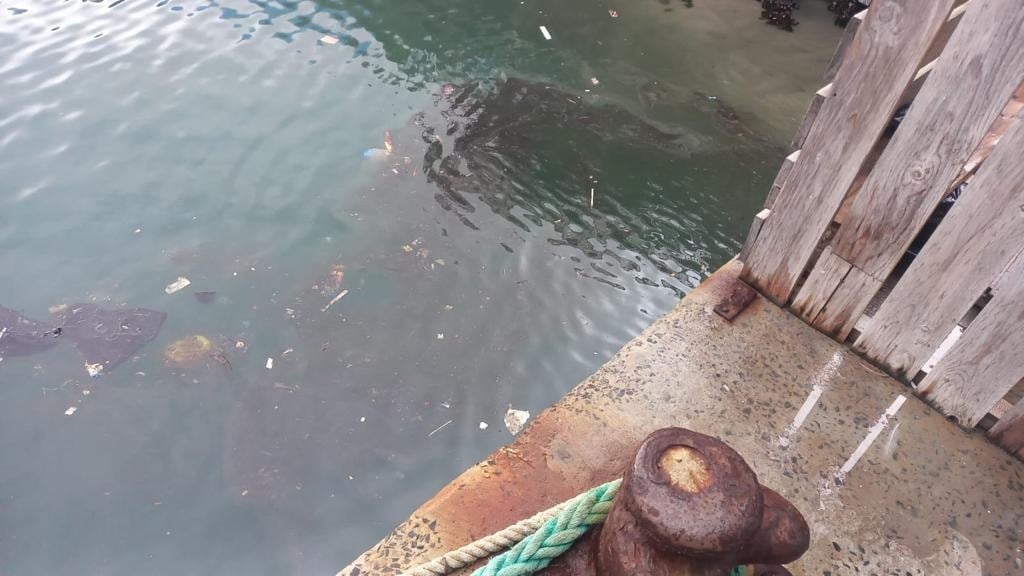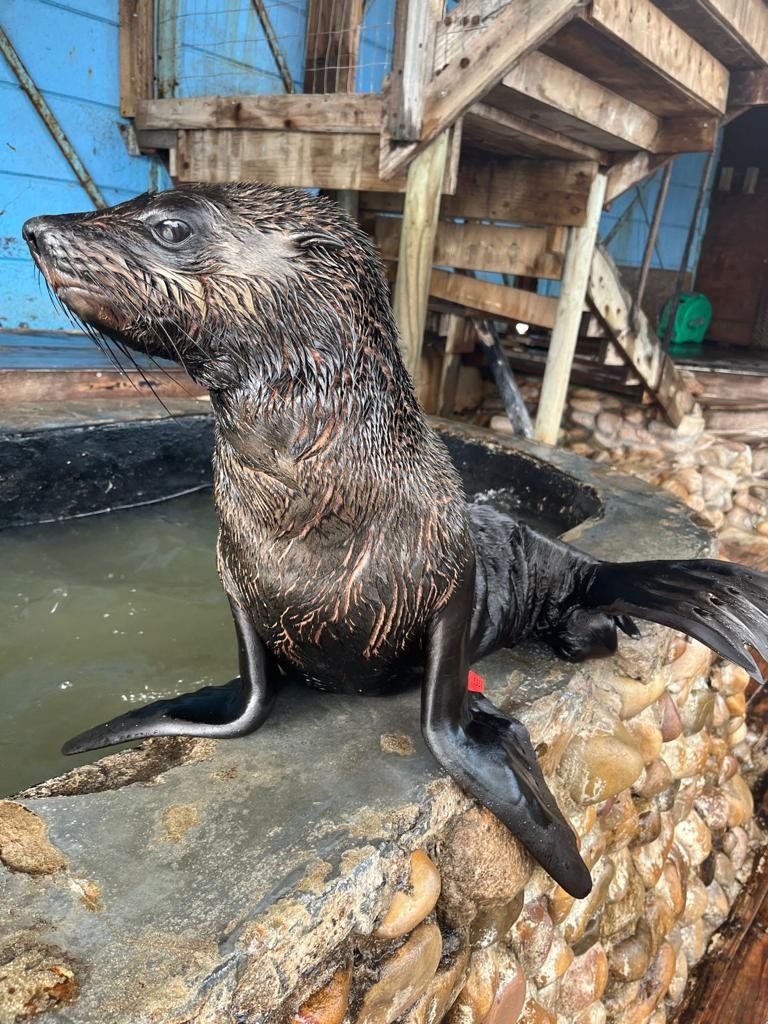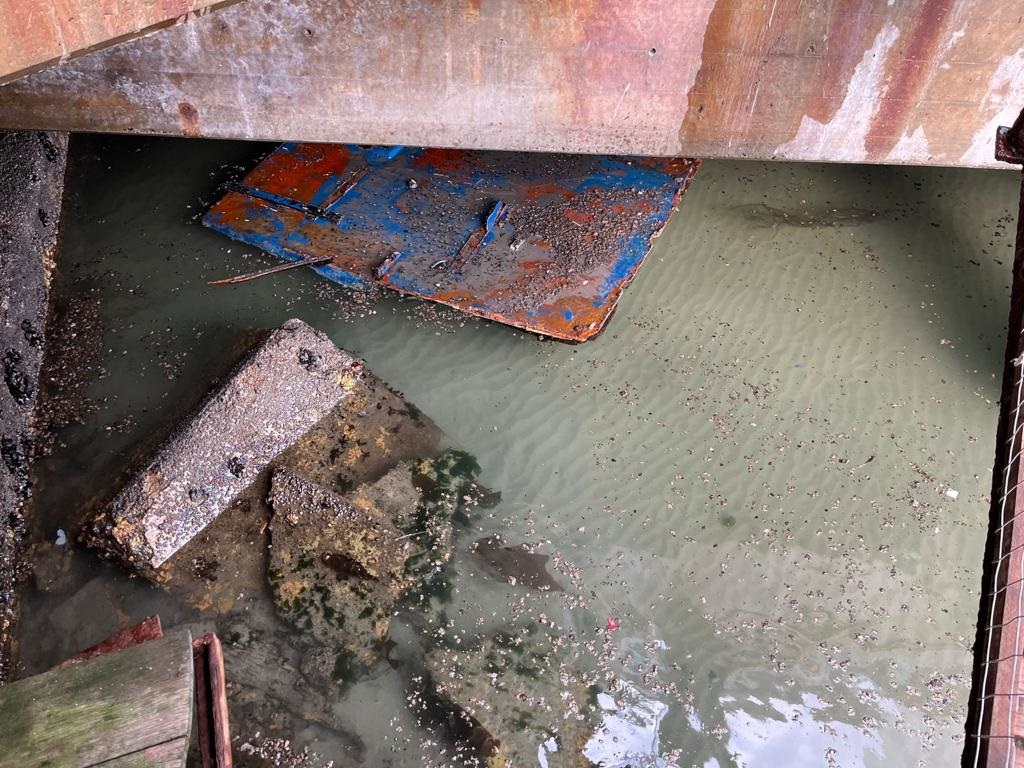- More than 30 Cape fur seals have been affected by diesel spills at the Hout Bay harbour in Cape Town.
- The SPCA managed to treat two of the seals, the others managed to swim to safety.
- An investigation into what caused the spills is currently underway.
The Cape of Good Hope SPCA responded to a frantic call from the Hout Bay harbour earlier this week after diesel oil spills filled parts of the harbour, affecting more than 30 Cape fur seals.
SPCA spokesperson Jaco Pieterse said on arriving at the scene, a team from Spill Tech were in the water trying to contain the diesel oil, and mop up the excess.
"It seemed as if two of the young yearling seals were affected. Adult seals will generally know to avoid getting too close up to the oily, smelly stuff so we weren't too worried about them, but the babies haven't yet learned to steer clear and were swimming through the toxic oil," said Pieterse.
"We had to wash two yearling seals. However, the wild population was also affected."
Formally trained in Oiled Wildlife Response, trainee inspector Bryan Arendse and Wildlife Officer Jon Friedman also headed to the Hout Bay Seal Rescue Centre.
The SPCA said they requested help from the Southern African Foundation for the Conservation of Coastal Birds (SANCCOB) who arrived on the scene with the right soaps and Savlon, and together quickly got to work.
"Diesel oil can be extremely caustic to exposed skin and even though seals have thick fur, their eyes, flippers, noses, and tails are exposed. It is toxic for the seals and wildlife, but more for the birds. Diesel, in particular, burns the skin and can cause serious health implications like respiratory infection and other skin issues." said the SPCA.
Once the yearlings were corralled, cleaned, and washed, the seals seemed happy to chill around the pool of the Rescue Centre recovering from their ordeal.
"The Seal Centre staff will keep a sharp eye out for any seals exhibiting signs of contamination or distress over the next few days," added the SPCA.
Investigations are underway to find the origin of the oil spill and to make sure that those responsible for it are held liable under the Marine Living Resources Act 18 of 1998.




